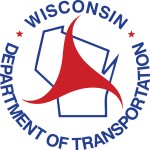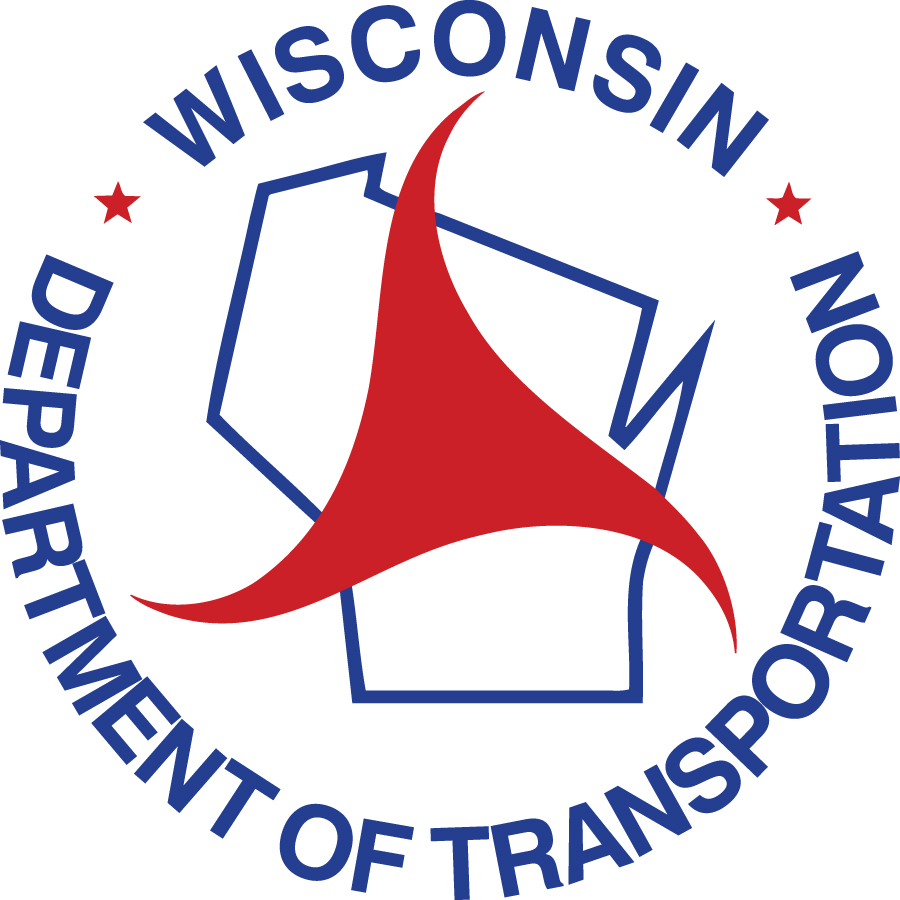Increase in deer activity requires motorists – especially motorcyclists – to be alert
Last year in Wisconsin, law enforcement agencies reported 20,177 deer/vehicle crashes.
The month of June typically sees an increase in deer activity, and the Wisconsin Department of Transportation (WisDOT) and State Patrol are reminding motorists they need to be extra alert. Deer activity increases in June as females search for places to give birth and young deer separate from their mothers.
While crashes between deer and motor vehicles tend to peak in the fall, June is when motorists are most likely to be injured in a deer/vehicle crash. Last year in Wisconsin, 515 motorists were injured in deer/vehicle crashes and four people were killed – all four fatalities were motorcyclists.
“This time of year, we typically see an increase in vehicle speeds and traffic volumes along with more motorcycles and deer along roadways,” said David Pabst, Director of WisDOT’s Bureau of Transportation Safety. “It’s a recipe for a crash, especially if motorists aren’t being alert.”
Last year in Wisconsin, law enforcement agencies reported 20,177 deer/vehicle crashes. Counties with higher traffic volumes and significant deer populations see the most crashes. A county-by-county breakdown of deer/vehicle crashes in Wisconsin indicates Dane County had the most deer/vehicle crashes last year with 1,033, followed by Waukesha County with 891 and Washington County with 816.
WisDOT offers the following tips to avoid deer crashes and motorist injuries:
- Slow down, eliminate distractions, and make sure all vehicle occupants are buckled up.
- Deer can be seen at any time, but are most active in early morning and evening hours.
- If you see one deer cross in front of you, watch for more. One long blast from your vehicle’s horn may frighten the animal away.
- If a collision with a deer is unavoidable:
- Brake firmly. Stay in your lane.
- Avoid sudden swerving which can result in a loss of vehicle control and a more serious crash.
- The one exception is if you are operating a motorcycle, in which case you should slow down, brake firmly and swerve if necessary to avoid hitting the deer. Try to stay within your lane to avoid hitting other objects.
- If you do hit a deer:
- Get your vehicle safely off the road if possible and call law enforcement. Be prepared to describe your specific location.
- It’s generally safest to stay buckled-up inside your vehicle. Walking along a highway is always dangerous as you could be struck by another vehicle.
- Don’t attempt to move an injured deer.
The increase in motor vehicle travel and deer activity this time of year also results in more car-killed-deer along Wisconsin roadways. WisDOT works with private vendors, county highway departments and law enforcement to manage deer carcass removal. To report car-killed-deer:
- Deer carcasses on the active, traveled portion of a highway represent an urgent safety hazard and should be reported by calling 911;
- If the carcass is off the traveled portion of the roadway, contact the appropriate county sheriff’s department using the agency’s non-emergency phone number;
- When calling to report a deer carcass, provide specific location information (such as proximity to a mile post, exit number, intersecting highway or mailbox) to facilitate more efficient and prompt carcass removal;
State law requires drivers to move over or slow down when approaching stopped emergency responders, tow trucks and highway maintenance vehicles – including crews removing deer carcasses. More information on the Car-Killed-Deer program can be found on the WisDOT website.
NOTE: This press release was submitted to Urban Milwaukee and was not written by an Urban Milwaukee writer. While it is believed to be reliable, Urban Milwaukee does not guarantee its accuracy or completeness.




















